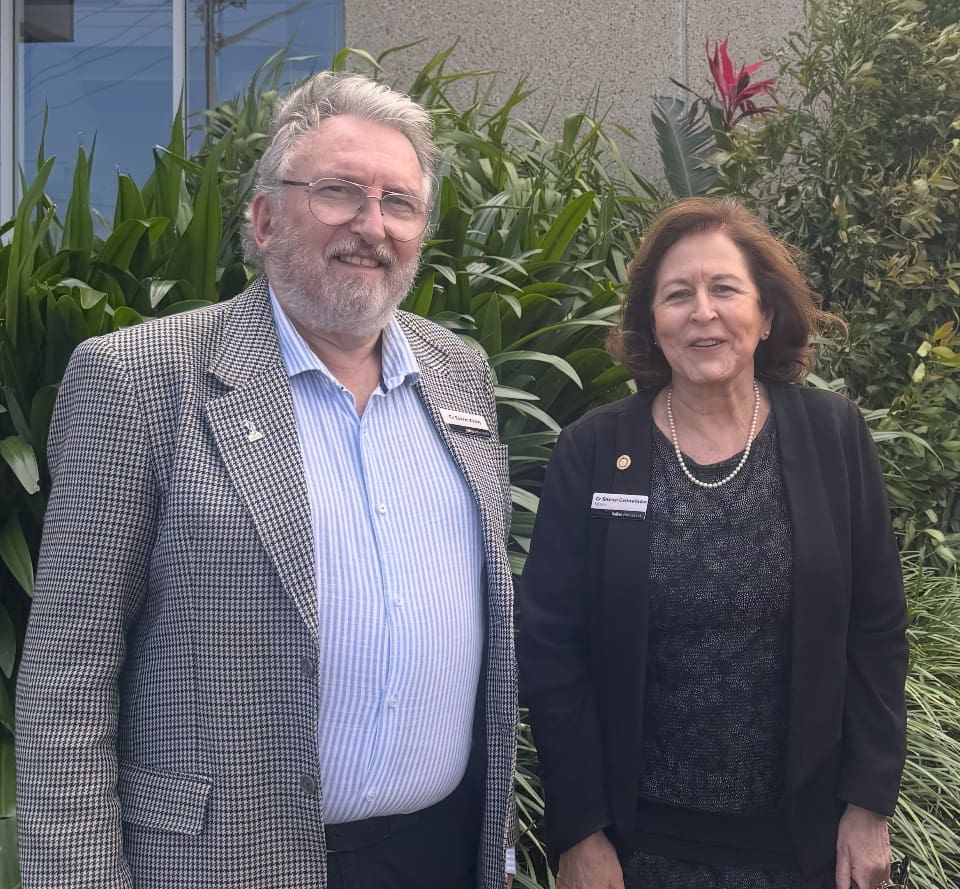The NSW National Party has formally moved to abandon the state’s net zero by 2050 target, sparking renewed debate over the cost and feasibility of ambitious politically-driven climate policies.
The decisive vote at the Nationals’ annual conference in Coffs Harbour marks a significant policy shift – one likely to influence climate discussions across Australia.
Supporters of the move argued that net zero targets are costly, largely symbolic, and more damaging to regional communities burdened by lower incomes and living with large-scale energy projects.
Delegates expressed frustration with the rapid expansion of solar farms, wind turbines, and transmission lines that cut through productive farmland and ecologically sensitive areas without being subject to proper environmental assessment.
Simon Kinny, a Ballina Shire Council (BSC) C Ward Councillor and member of the NSW Nationals State Council, voted in favour of the motion.

Dr Kinny said BSC’s own net zero ambitions also deserve serious reconsideration.
Council reaffirmed its climate policy last year, committing to reach net zero by 2030—two decades ahead of the state target that had previously been backed by the NSW Nationals.
Rethinking Local Targets Amid Rural Pushback
“Many delegates questioned whether these targets are even achievable or based on sound reasoning,” Dr Kinny told Ballina News Daily.
“Others pointed out that Australia’s emissions are negligible on a global scale, especially compared to major emitters like China and the US.
“The costs and pain we have to endure will have no bearing on the climate.”
Dr Kinny said he accepts the science on climate change, but is critical of what he describes as a one-dimensional push for net zero.
He believes the intense focus on renewables fails to properly account for energy reliability, land use, and the rising cost of living.
Farmers and landholders across regional NSW have become increasingly vocal about the impacts of green energy development.
They say solar farms are taking over viable farmland, wind projects are encroaching on bushland, and new transmission lines are carving up agricultural properties without proper consultation.
“We’re told it’s for the greater good, but it’s our land and livelihoods being sacrificed,” one rural delegate said during the conference.
The BSC 2030 strategy includes transitioning to 100 percent renewable electricity, replacing petrol vehicles with electric ones, and installing solar panels on public buildings.
While council staff claim the measures will not increase costs for ratepayers, Dr Kinny is unconvinced.
“How can it be cost-neutral?” he said.
“Electric vehicles cost more, renewable contracts are often higher, and solar infrastructure isn’t free. Ratepayers deserve honesty.”
Critics argue that local climate targets often serve more as political signalling than practical policy, with limited real-world impact and significant regional consequences.
“What difference can BSC realistically make to the global climate?” Dr Kinny asked.
“We need practical, flexible policies, not rigid ideology.”
He said he will push for a realistic reassessment of Ballina’s net zero plan when it next comes before council.
“If we’re falling short -and I suspect we are -then it’s time to adjust course and adopt achievable goals that don’t place unnecessary strain on our community.”



Unachievable to say the least, wind turbine last approximately 20 years then what happens to the old unrecyclable wind turbine??? To be replaced with even more expensive turbines,common commonsense show your head.solar panels don’t last that length of time either.